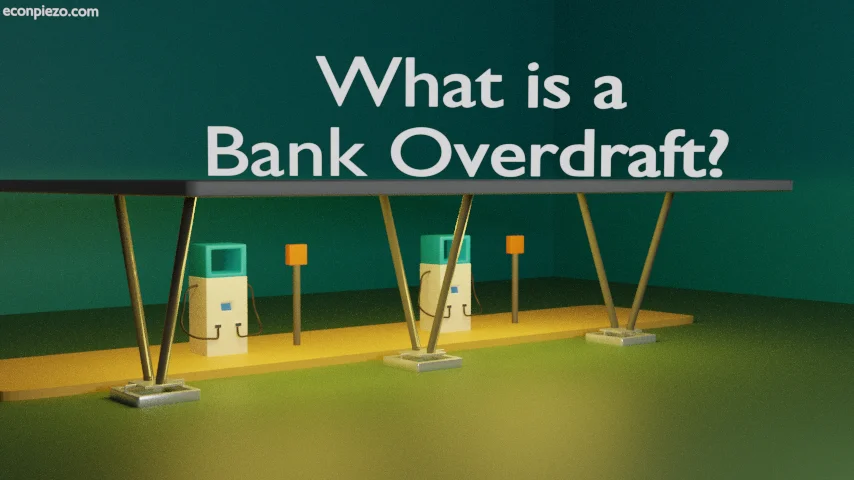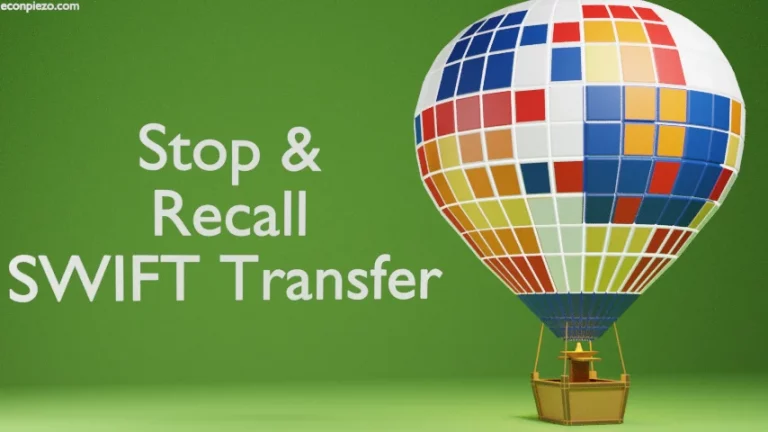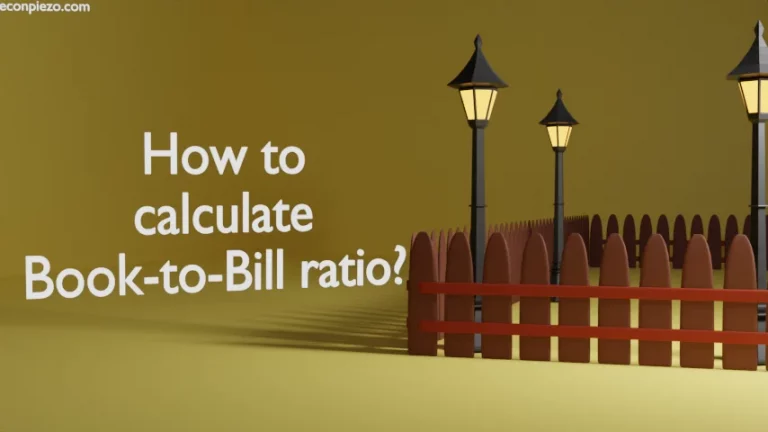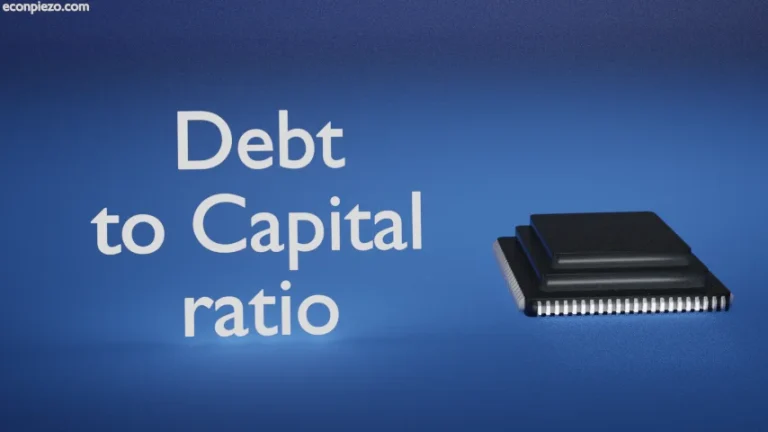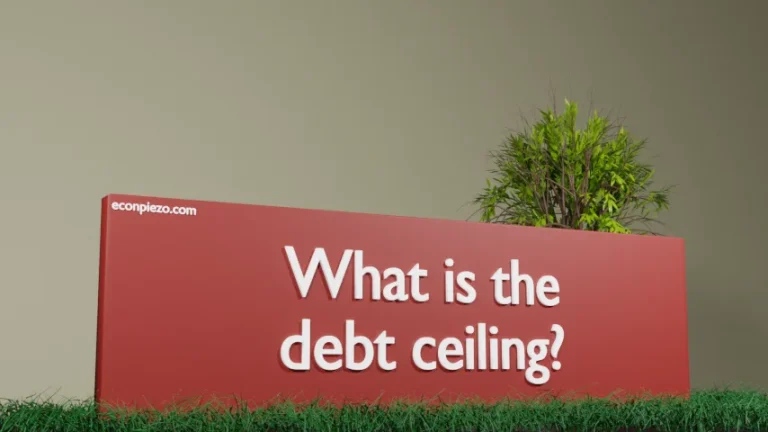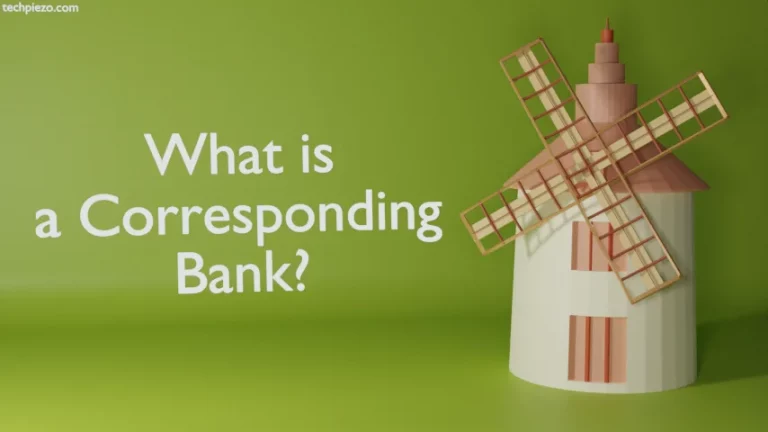At times our bank account doesn’t have sufficient funds to cover the transaction. And, Bank Overdraft occurs when the bank pays for the transaction. If the bank declined or returned the transaction unpaid, then an overdraft didn’t occur. For such declined/returned unpaid transactions banks won’t charge a fee in most cases.
What is an Overdraft?
When the amount in our bank account isn’t sufficient to cover the transaction and the balance in our bank account turns negative. When the bank pays to cover the transaction, it leads to an overdraft.
Banks would cover checks & automatic bill payment transactions. If the banks pay for an overdraft they charge a fee. We can also opt out of the overdraft coverage.
If we opt out, transactions are declined or returned unpaid in case there are insufficient funds available in your bank account. In some cases, banks may charge a fee for returning an unpaid transaction due to insufficient funds.
There is also a Debit card and ATM Overdraft apart from checks & automatic bill payment transactions. So, you get coverage for debit card purchases or ATM transactions.
How can we avoid Overdrafts?
If we want we can also avoid overdrafts by linking one or more bank accounts. To cover our transactions bank would automatically transfer funds from other accounts to our checking account. If there are two or more two linked accounts then specify the account that will be first used to transfer the funds. Apart from that, we can also link a credit card.
Furthermore, keep track of your outstanding transactions. If you have outstanding transactions, then it is always to good assess whether your current bank account balance is sufficient to cover the transaction. If it doesn’t then, deposit a sufficient amount in your bank account.
Even in case an overdraft has occurred, we can avoid the Overdraft fees by depositing the amount in our bank account within a stipulated time period.
In conclusion, instead of relying on Bank to cover the transaction for us, it is better that we keep track of our outstanding transactions. And, when we find our bank account doesn’t have sufficient balance, deposit the required balance so that our transaction can go through without any hassle.
Important: The information provided in the article is just for informational purposes only. The information provided in this article is general in nature. The terms and conditions would vary across financial institutions. The information provided here is not intended to replace professional advice. Contact your bank, your bank representative would guide you further.
